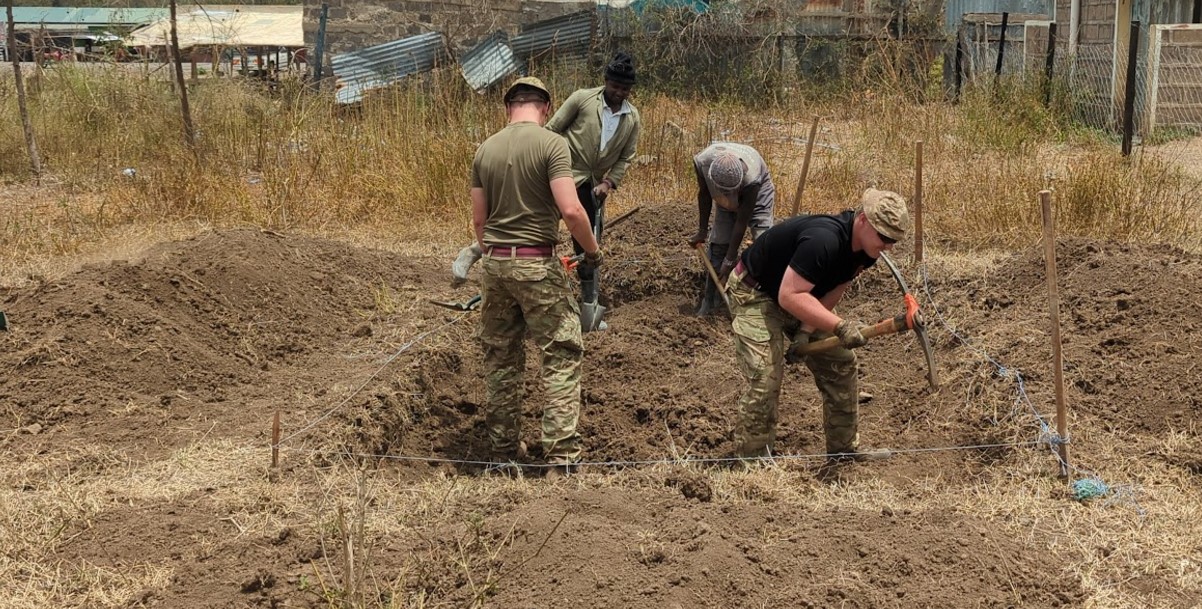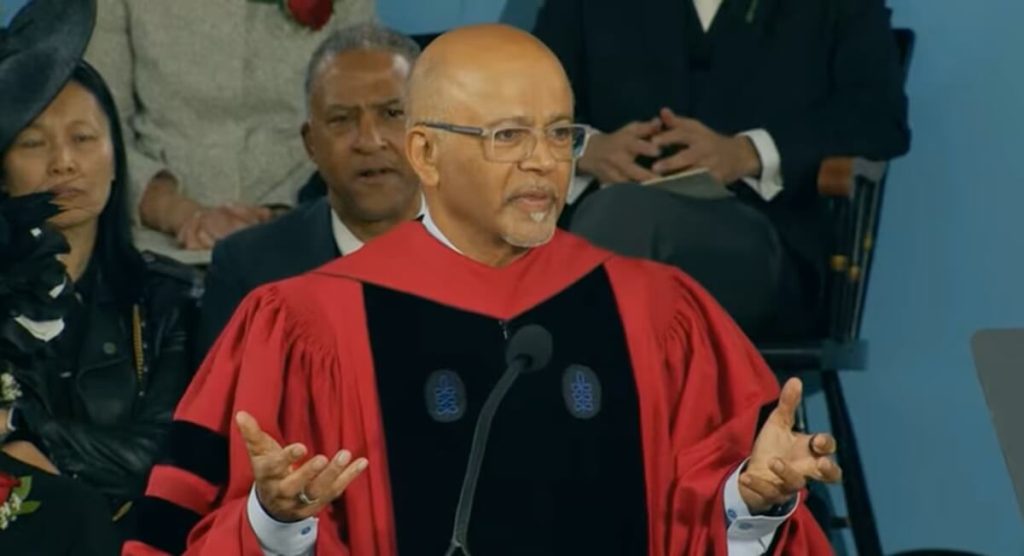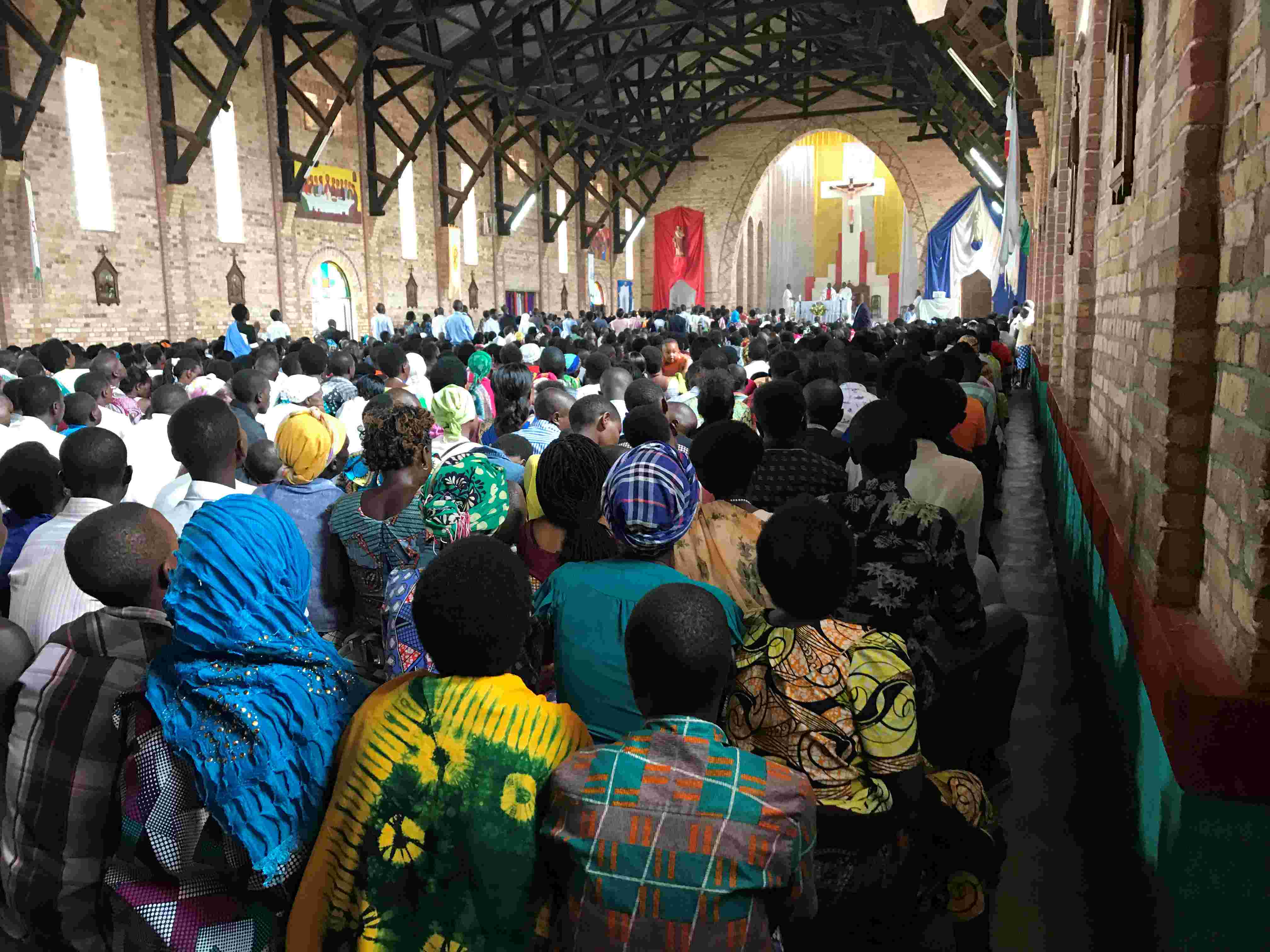Hospitals threaten to shut surgical theatres over six-month SHIF payment delays

RUPHA has revealed that nearly six months after performing critical surgeries between April and May, many hospitals have yet to receive reimbursements, putting their surgical capacity at serious risk.
Delayed payments from the Social Health Insurance Fund (SHIF) have left half of Kenya’s healthcare facilities struggling to cover costs for essential surgeries, with some hospitals now warning they may have to shut down operating theatres.
The Rural and Urban Private Hospitals Association of Kenya (RUPHA) has revealed that nearly six months after performing critical surgeries between April and May, many hospitals have yet to receive reimbursements, putting their surgical capacity at serious risk.
More To Read
- Kenya’s hospitals in financial crisis as only 20pc of primary health facilities get full payments
- Health CS Duale says he will unveil list of fraudulent health facilities on June 14
- World Bank urges scrapping of SHIF deductions for low-wage workers, cites threats to UHC goals
- Public health facilities to pay KEMSA directly under new SHA system
- Employers face penalties for failing to remit SHA contributions
- Ministry of Health wants Treasury to deduct health workers’ dues directly to fix access delays
The association’s new report on facility payment and financial wellbeing points to bureaucratic delays in the SHIF claims process as the root cause of mounting financial distress. The delays, it warns, could collapse the country’s already strained surgical services if not urgently addressed.
"Delayed disbursement of Primary Health Care (PHC) funds and slow processing of reimbursements under the new Social Health Insurance Fund (SHIF) are deepening the crisis," RUPHA chairman Brian Lishenga said.
"Most facilities are caught in transition, grappling with old debts while awaiting new payments that have yet to materialise."
According to the report, 23 per cent of hospitals had to wait between one and two months for their claims to be processed, while only eight per cent received responses or payments within four weeks. An additional 18 per cent of facilities could not estimate how long their claims had been pending, highlighting a critical lack of feedback and transparency in SHIF’s reimbursement process.
Although surgical claims represent only about a third of the total submissions to SHIF, they are widely considered the most difficult to process. Some 39 per cent of the facilities surveyed identified surgical reimbursements as the most challenging, largely due to the high costs involved, the complexity of documentation, and lengthy processing timelines.
“Surgical procedures require significant upfront investment, including theatre equipment, anaesthesia, medical staff, postoperative care and consumables. This financial burden makes surgeries particularly vulnerable to the consequences of delayed payments,” reads the report.
The survey, which covered 477 public, private and faith-based facilities across various levels of care, found that surgical procedures impose heavy financial demands on hospitals. These include theatre supplies, anaesthesia, specialised staffing, equipment usage and post-operative care, all of which must be covered before reimbursement is received.
Among hospitals ranked Levels 3 to 5, about one-third reported that surgical claims made up over 30 per cent of their total SHIF invoices. Twenty per cent of those facilities said more than half of their submitted claims were for surgical procedures, a burden that was heaviest among the highest-level hospitals.
Specifically, 52 per cent of Level 4 hospitals said surgical claims accounted for over 30 per cent of their SHIF submissions. That proportion rose to 67 per cent among Level 5 hospitals, which typically serve as referral centres for more complex, resource-intensive surgeries.
“Among Level 5 referral hospitals, 88 per cent identified NHIF arrears as their main financial challenge, with 12 per cent reporting SHIF delays. These hospitals rely heavily on reimbursements for inpatient and surgical services, many of which are now overdue," reads the report.
The report also identified disparities based on ownership. About 59 per cent of faith-based organisations and 45 per cent of private hospitals at Levels 3 to 5 said surgical claims formed a significant part of their reimbursement portfolios. In contrast, no public hospitals reported such high proportions of surgical claims, suggesting they either conduct fewer high-volume or complex procedures, or are less affected due to government financial support.
Despite their essential role in surgical care, many facilities are still waiting for reimbursement. The report found that 39 per cent of all hospitals surveyed had more than half of their surgical claims still under review. Only 15 per cent had received full payment for all their surgical claims.
At Level 4 hospitals, 38 per cent reported that the majority of their surgical claims remained unpaid. That number rose to 47 per cent among Level 5 hospitals, the very institutions most depended upon for advanced surgical care.
To survive, RUPHA noted that many facilities are relying on debt: 36 per cent have taken out new loans or overdrafts, 30 per cent have defaulted on repayments, 13 per cent face the risk of property auction, nine per cent are involved in legal cases in small claims courts and one per cent have already shut down.
Unless urgent reforms are made to streamline SHIF claims processing and clear outstanding payments, RUPHA warns that hospitals may be left with no choice but to reduce or suspend surgical services, putting thousands of patients at risk across the country.
Top Stories Today
















































